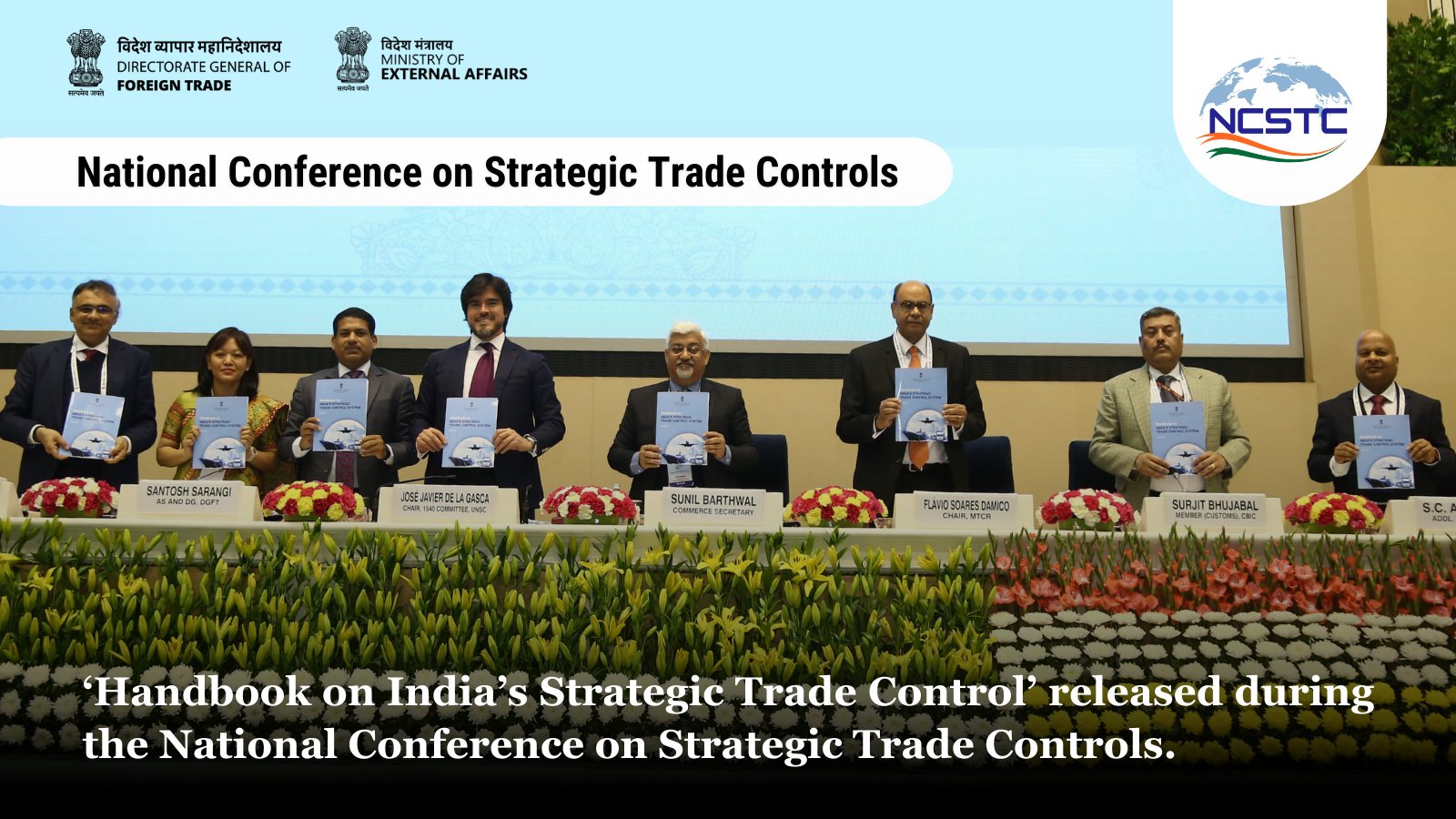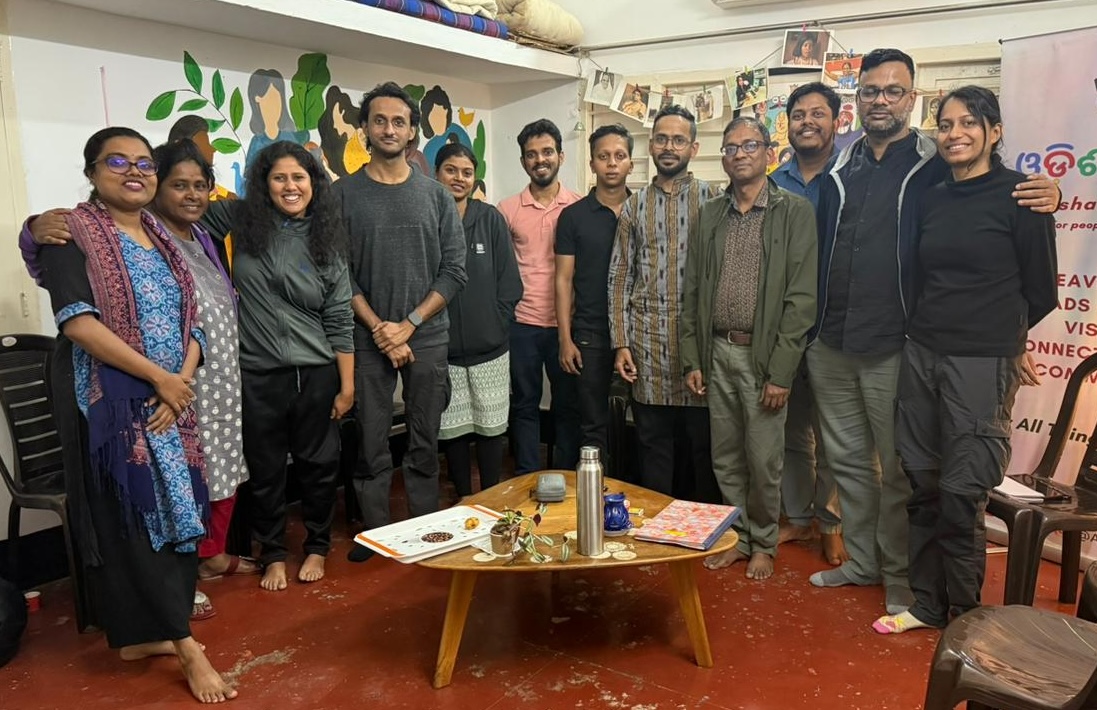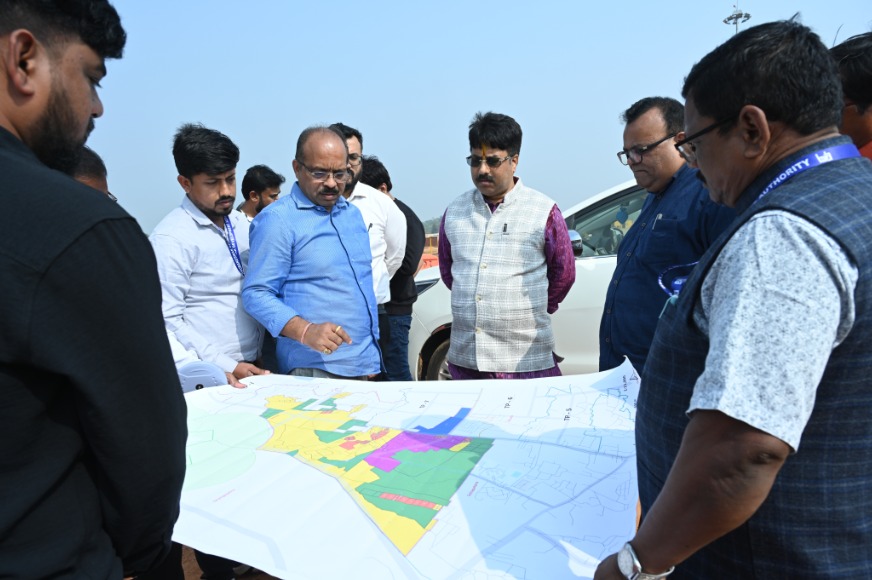New Delhi: The National Conference on Strategic Trade Controls (NCSTC) organized by the Directorate General of Foreign Trade (DGFT), Ministry of Commerce & Industry, in collaboration with the Ministry of External Affairs (MEA), marked a significant effort towards strengthening India’s Strategic Trade Control system.
The conference, held at Vigyan Bhawan, New Delhi, adopted a new format with broader international participation and engagement from various government organizations, industry stakeholders, academia, and research institutions. Attended by over 500 participants, it focused on India’s control over the export of dual-use (industrial and military) goods, software, and technologies, particularly those falling under the Special Chemicals, Organisms, Materials, Equipment, and Technologies (SCOMET) list.
India’s Strategic Trade Control system regulates the export of dual-use items, nuclear-related items, and military items, including software and technology. The SCOMET list, notified by DGFT under the Foreign Trade Policy, aligns with international conventions and mechanisms, aiming to prevent the proliferation of Weapons of Mass Destruction (WMD) and their delivery systems.
The NCSTC was organized in a new format, with increased international participation and collaboration across various sectors. The conference facilitated engagement between the government and industry stakeholders on strategic trade control issues. Key government and industry speakers, along with international experts, discussed the importance of effective controls and exchanged best practices.
The conference focused on showcasing India’s legal and regulatory system, exchanging best practices, and preventing the proliferation of WMD and their delivery systems. Commerce Secretary Shri Sunil Barthwal emphasized the government’s efforts to streamline the Strategic Trade Control system, highlighting India’s non-proliferation credentials and commitment to international obligations. Keynote addresses by Ambassador José Javier De La Gasca (Chair 1540 Committee, United Nations Security Council) and Ambassador Flávio Soares Damico (Chair, Missile Technology Control Regime) provided insights into the global architecture of non-proliferation and the significance of international frameworks.
Government officials delivered detailed presentations on various aspects of India’s Strategic Trade Control system, including the legal and regulatory framework, SCOMET policy, licensing processes, enforcement mechanisms, and supply chain compliance programs.A panel discussion focused on industry experience and compliance, featuring insights from key industry leaders across sectors dealing with the export of dual-use goods and technologies. DGFT released a Handbook on India’s Strategic Trade Controls during the conference. The handbook provides clarity to industry stakeholders regarding relevant laws and regulations, SCOMET policy, application processes, documentation requirements, FAQs, and future priorities.
The NCSTC aimed to foster dialogue between government authorities and industry stakeholders, assess and mitigate emerging risks, promote international collaboration, and gather feedback from the industry. The event highlighted India’s commitment to maintaining a robust Strategic Trade Control system in line with global standards.





